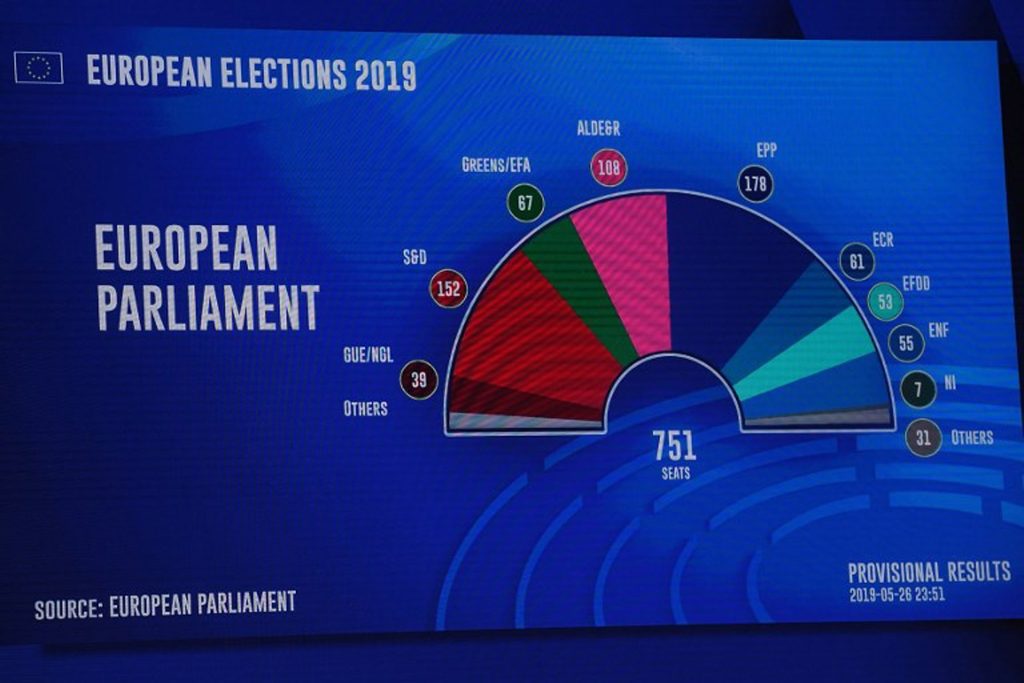Just over half of EU citizens (56%) say they are interested in next year’s European elections, according to the latest Eurobarometer survey, presented in Brussels on Tuesday, one year before the next elections.
If they had to vote next week, 67% would go to the polls, respondents said.
Both two indicators are higher than five years earlier (one year before the previous polls), when 50% had said they were interested in the European elections and 58% intended to vote. All in all, 50.6% of EU voters took part in the 2019 elections.
More young people interested in voting
Interest in European elections has also increased among young people aged 15 to 24, with 49% saying they were interested, compared with 43% in 2018. At that election, 42% of young people voted.
Convincing new voters to vote is crucial in order to avoid them developing a tendency to abstain during their lifetime, European Parliament spokesman Jaume Duch Guillot explained. If they vote in the first elections in which they have the opportunity to participate, young people are more likely to develop a voting habit.
Young people’s interest in European elections is all the more important as two EU member states, Germany and Belgium, have lowered the voting age to 16 from next year – for European elections only. “Young people who are now 14 or 15 will therefore have the opportunity to vote next year,” noted Duch Guillot.
Abstention rate rising in Belgium
In Belgium, even though voting is compulsory, the abstention rate has been rising. Some 11.6% of voters abstained in 2019 and 1.3 million Belgians entitled to vote cast a blank or invalid ballot.
Seven out of ten Europeans nevertheless believe the EU’s actions have an impact on their daily lives. “We don’t vote because we agree or disagree with the EU’s actions, but rather because we think it will have an impact,” commented Neil Corlett, director of the European Parliament’s press unit.
Purchasing power, for example, remains a major concern for citizens. Half of the Europeans surveyed admitted to having had to reduce their standard of living as a result of the various crises (Covid-19, war in Ukraine, rising inflation) and 29% expect to have to do so over the next year. Yet only a third of those surveyed were satisfied with the measures put in place at both national and European level to counter the rising cost of living.
Gender equality tops the list of concerns in Belgium
The fight against poverty and social exclusion, public health, and the fight against climate change are the three subjects that the European Parliament should tackle as a priority, according to the citizens surveyed.
When it comes to the values to be defended, democracy, the protection of human rights and freedom of expression are cited first. In Belgium, gender equality tops the list.
The next European elections will be held from 6 to 9 June 2024. Citizens will then designate the elected representatives who will sit for five years in the European Parliament.

